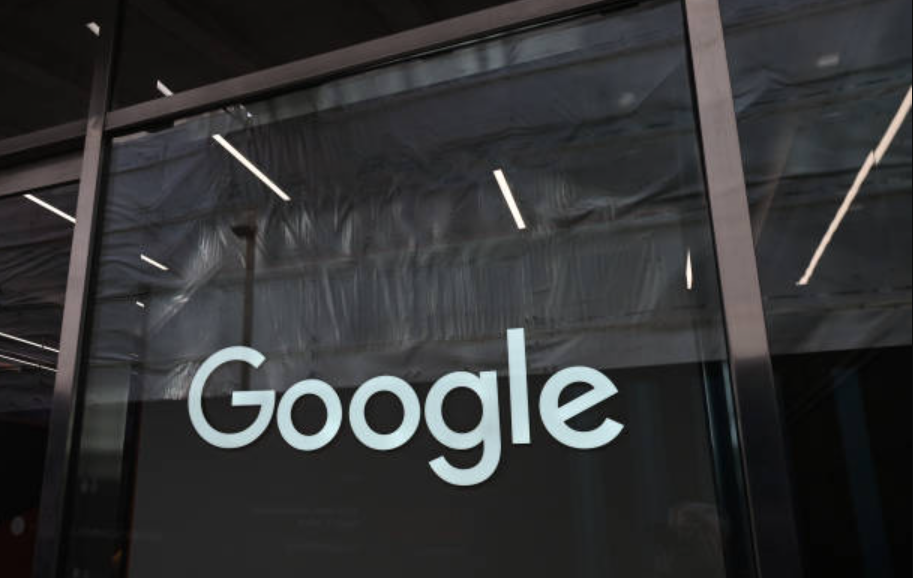Google is encountering substantial legal examination as it prepares to present its defense in front of a federal jury in Boston.
The trial is mired in accusations of patent infringement concerning its processors, which enable artificial intelligence (AI) technology in many of its key products.
Massachusetts-based Singular Computing, helmed by Joseph Bates, accuses Google of appropriating its technology to bolster AI functionalities in Google Search, Gmail, Google Translate, and other services.
The dispute intensifies as Singular seeks potential monetary damages of up to $7 billion, a sum surpassing previous record patent infringement awards in US history, as highlighted in Google’s court filing reported by Reuters. Jose Castaneda, a Google spokesperson, dismissed Singular’s patents as dubious, asserting that Google autonomously developed its processors across extensive years.
Singular’s contention stems from Bates allegedly sharing his processing innovations with Google from 2010 to 2014, with claims that Google’s Tensor Processing Units, enhancing AI capabilities, replicate and infringe upon Bates’ technology, violating two patents.
Google’s Defense Strategy

The lawsuit alleges Google’s circuits adopt an enhanced architecture discovered by Bates, enabling augmented processing capabilities, the report elucidates.
Google introduced its processing units in 2016, driving AI advancements in speech recognition, content generation, and ad recommendations. Singular contends that subsequent iterations, versions 2 and 3 released in 2017 and 2018, continue to encroach upon their patented rights.
In defense, Google argued in a court filing in December 2023 that its processors function differently from Singular’s patented technology, further asserting the invalidity of the patents.
The tech giant purportedly rejected Bates’ technology, conveying it as unsuitable for their applications, as disclosed in the court filing.
The legal battle extends beyond the courtroom, with a separate case pending in a US appeals court in Washington.
This case grapples with Google’s appeal against the validation of Singular’s patents by the US Patent and Trademark Office, adding layers of complexity to the ongoing dispute.


Comments are closed.